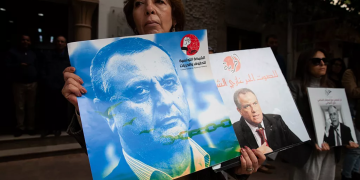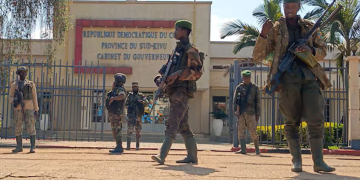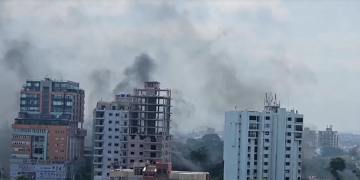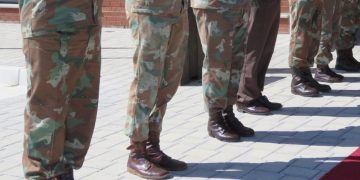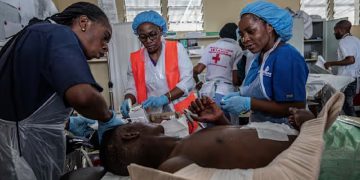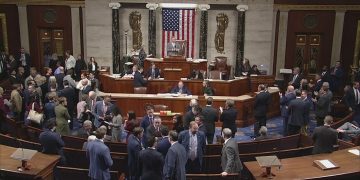ABIDJAN, Ivory Coast – President Alassane Ouattara has stirred speculation about a potential fourth term in office, indicating his openness to continue leading the nation despite previous intentions to step down.
During a speech to diplomats on January 8, 2025, Ouattara, 83, stated, “I am in good health and eager to continue serving my country,” marking his clearest indication yet of a possible candidacy in the upcoming 2025 presidential election.
A Controversial Political Landscape
Ouattara’s presidency has been marked by controversy, particularly following the 2020 election, where he secured a third term amid accusations of electoral fraud and manipulation.
His decision to run again was met with backlash from opposition parties and civil society groups who argued that it violated constitutional term limits.
Despite this, the ruling Frelimo party has expressed support for another Ouattara candidacy, although an official announcement has yet to be made.
In previous statements, Ouattara hinted that his decision to run might depend on whether his political rivals also choose to retire.
This raises critical questions about the future of political competition in Ivory Coast and whether the current political elite will allow for new leadership.
The Upcoming Election: Stakes and Implications
With the presidential election scheduled for October 2025, Ouattara’s potential candidacy could significantly impact the political landscape in Ivory Coast.
His administration has faced numerous challenges, including economic instability and social unrest stemming from past electoral disputes.
As he considers another term, many are left wondering how this will affect national unity and governance.
Opposition leaders have already begun to position themselves for the upcoming election, with several candidates emerging from various parties.
The Democratic Party of Ivory Coast (PDCI) and other factions are preparing to challenge Frelimo’s long-standing dominance, which has been in power since the country gained independence from France in 1960.
Public Sentiment: A Divided Nation
The response to Ouattara’s potential fourth term bid is mixed among the Ivorian populace.
While some supporters believe his experience is crucial for stability and progress, others argue that it is time for a new generation of leaders to emerge.
The political climate remains tense as citizens reflect on past conflicts and the need for genuine democratic reforms.
As discussions around Ouattara’s future continue, many are calling for transparency and accountability in the electoral process.
The international community is also watching closely, as any signs of unrest could have broader implications for regional stability in West Africa.
What Lies Ahead for Ivory Coast?
As President Alassane Ouattara hints at a possible fourth term, the question remains: will he follow through with another candidacy or pass the torch to new leadership?
The upcoming election presents an opportunity for significant change in Ivory Coast’s political landscape.
As citizens prepare for what could be a contentious electoral season, it is essential that all stakeholders engage in constructive dialogue to ensure peaceful and democratic elections.
The future of Ivory Coast hinges on its ability to navigate these challenges while fostering an inclusive environment for all political voices.





